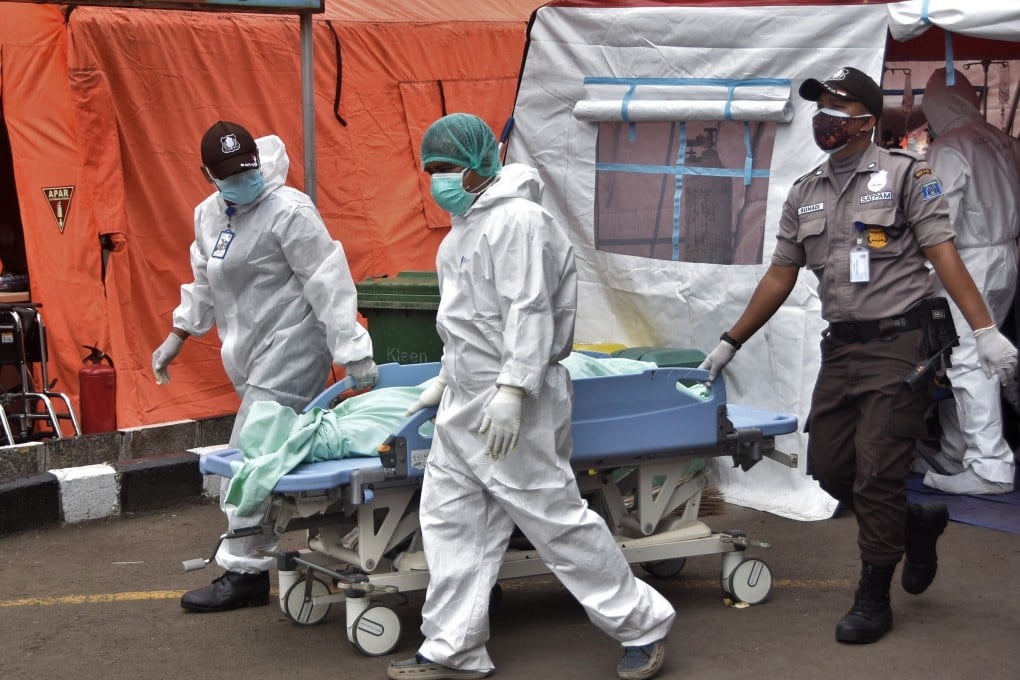Explainer | Which drugs are most effective to treat Covid-19 patients?
- Vaccination remains a key priority for many countries but infectious disease experts say effective Covid-19 treatments will still be necessary
- Several large-scale clinical trials are still under way around the globe to assess and determine the most promising medications

As nations around the world race to vaccinate citizens against Covid-19, medical experts are still working to identify the best treatments for those who become ill.
Several large-scale clinical trials are still under way around the globe to assess and determine the most promising drugs that can be used to treat Covid-19 even when most people are fully vaccinated.
Why treatments are needed
“Treatment of Covid is critical because the vaccine is not 100 per cent,” said Professor Dale Fisher, an infectious disease expert from the National University of Singapore (NUS) Yong Loo Lin School of Medicine. “Some will always refuse vaccination and, on occasion, a vaccinated person could get sick. That’s expected so we want the best options found and available.”
Trials of Covid-19 drugs
The largest of the trials, involving more than 12,000 patients, is being conducted at Oxford University. Since March 2020, the Recovery trial has studied several drugs for their efficacy in treating Covid-19 patients.